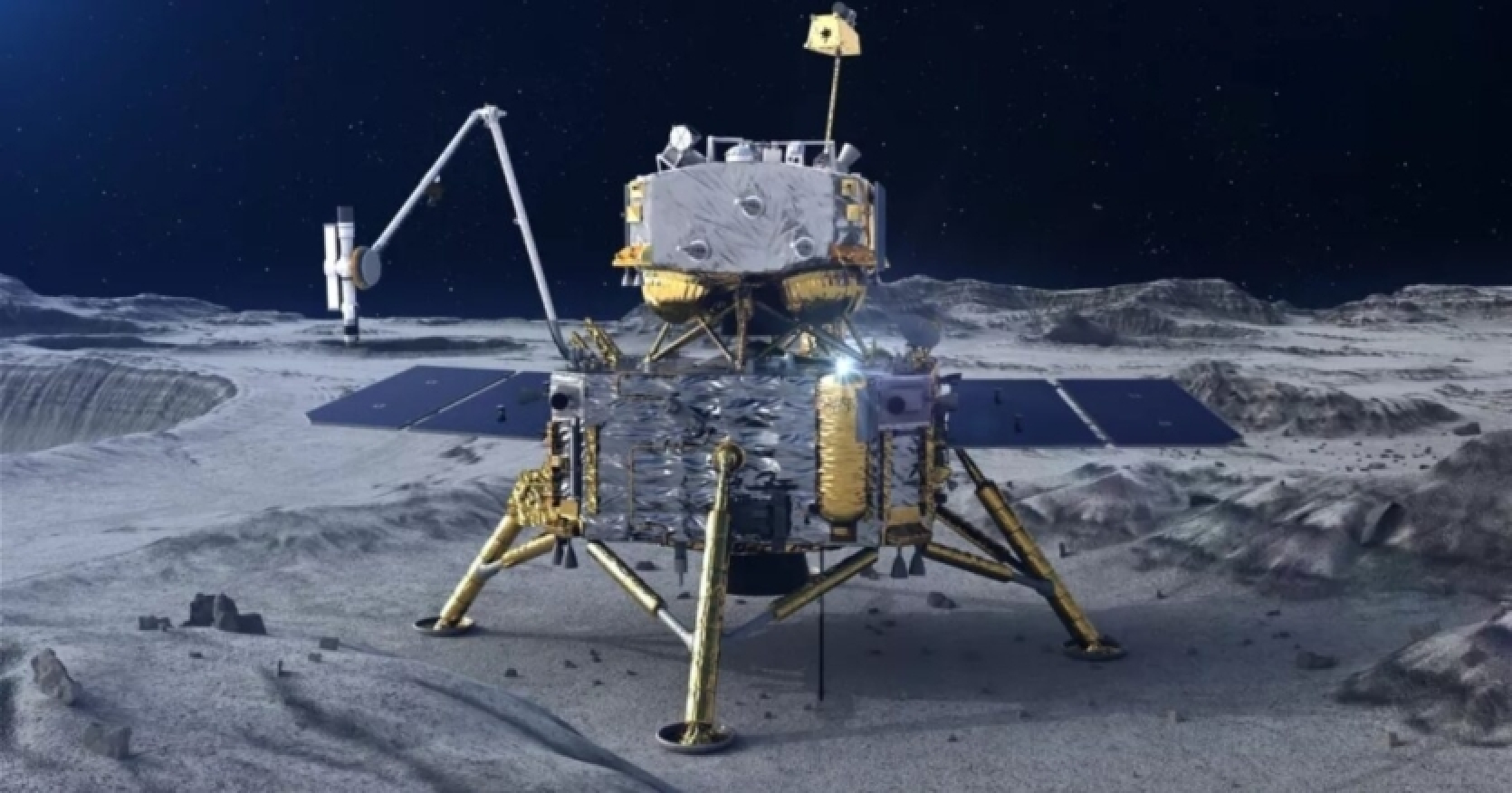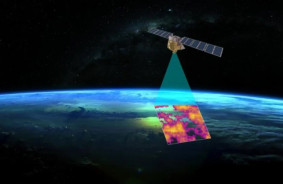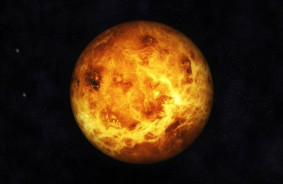Researchers from China have found evidence of water in lunar soil samples collected by the Chang'e-5 mission, which opens new avenues for studying Earth's natural satellite.
Chinese scientists made a significant discovery while analyzing lunar soil samples brought back by the Chang'e-5 mission. They found traces of water, confirming the possibility of H2O existing on the Moon's surface in various forms. The research results are published in the journal Nature Astronomy.
The researchers determined that water molecules can be preserved in sunlit areas of the Moon as hydrated salts.
The Chinese Chang'e-5 mission, launched on November 23, 2020, marked the first successful return of lunar soil samples to Earth in 44 years. The spacecraft landed on the Moon on December 1, collected about 2 kg of soil and rocks, and returned on December 17 of the same year. The samples collected come from much higher latitudes than those obtained by NASA in the 1960s and 1970s.
In 2020, NASA reported the discovery of water molecules in a crater in the Moon's southern hemisphere. This finding was made using data gathered by the Stratospheric Observatory for Infrared Astronomy (SOFIA) — a modified Boeing 747 converted into a flying astronomical laboratory.
These discoveries are highly significant for future lunar missions. Global space powers, including China, the United States, and Russia, are preparing to establish a more permanent presence on the Moon. NASA is planning to return astronauts to the Moon's surface for the first time since the Apollo 17 mission, and China is also making significant progress in this regard.
It is worth noting that researchers from the University of Wisconsin-Madison in the U.S. recently found that the Moon is gradually drifting away from the Earth, leading to a slow increase in the length of Earth's days.
Source: Futurism














Comments (0)
There are no comments for now